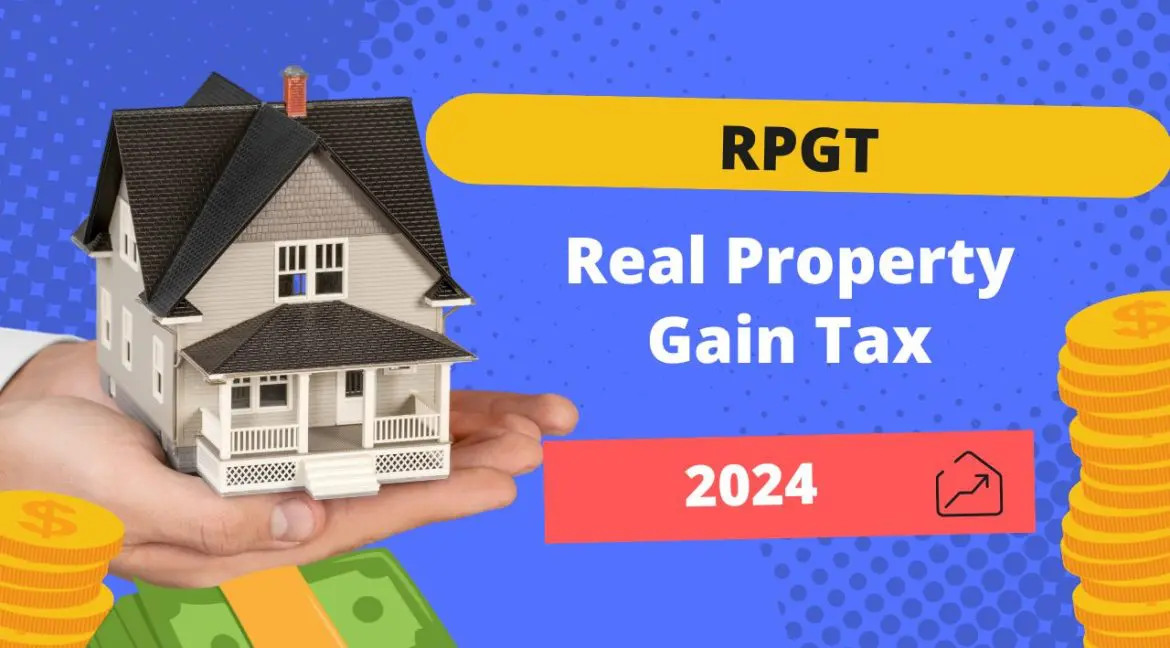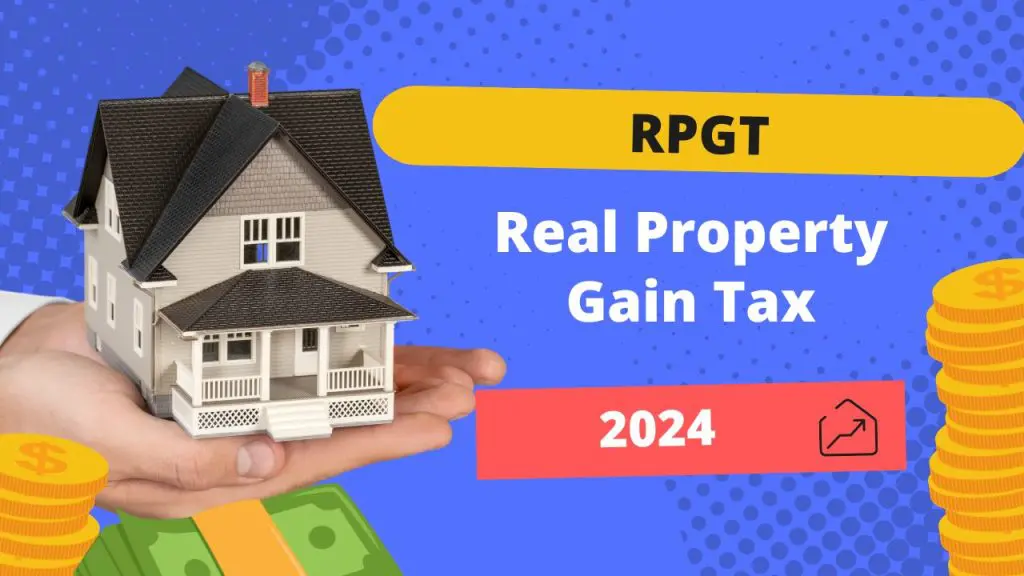Unlocking the Secrets of Real Property Gains Tax (RPGT) in Malaysia: A Comprehensive Guide
Are you a property investor or owner in Malaysia? If so, you need to be aware of the Real Property Gains Tax (RPGT) and its potential impact on your investments. RPGT is a crucial aspect of the Malaysian tax system, and with recent changes on the horizon, it’s essential to stay informed. This comprehensive guide will take you through the intricacies of RPGT, providing valuable insights to help you navigate this tax landscape successfully.
Understanding RPGT: The Basics
Real Property Gains Tax (RPGT) is a tax levied by the Malaysian government on the profits made from the sale or disposal of real property within the country. This includes not only land but also any permanent structures or fixtures attached to it. The primary purpose of RPGT is to tax the capital gains generated from property transactions, ensuring that the government receives a portion of the profits made in the real estate market.
Key Changes in 2024: RPGT to CGT
One of the most significant changes in Malaysia’s tax system is the transition from RPGT to Capital Gains Tax (CGT) for specific entities. Starting January 1, 2024, corporations, limited liability partnerships (LLPs), trusts, and cooperatives will no longer be subject to RPGT. Instead, they will fall under the CGT regime, which taxes profits from the disposal of capital assets, including shares in Real Property Companies (RPCs). This shift has important implications for businesses and investors, as it broadens the scope of taxable assets.
Who Needs to Pay Attention to RPGT?
RPGT applies to a wide range of individuals and entities:
– Malaysian Citizens: Local residents who own and sell real property in Malaysia are subject to RPGT.
– Non-Residents: Foreign individuals or entities owning property in Malaysia are not exempt and must comply with RPGT regulations.
– Individuals and Companies: The tax applies to both individual property owners and companies engaged in real estate transactions.
It’s important to note that while the tax applies to all these categories, the rates and exemptions can vary, so understanding your specific situation is crucial.
RPGT Rates: A Progressive System
RPGT rates in Malaysia are structured progressively, meaning they increase with the length of time you own the property. This progressive system encourages long-term property ownership while generating higher tax revenue from shorter-term investments. Here’s a breakdown of the RPGT rates for individuals:
– Within 2 years:** 30% RPGT rate.
– 3rd year:** 20% RPGT rate.
– 4th year:** 15% RPGT rate.
– 5th year:** 10% RPGT rate.
– 6th year and beyond: Exempt from RPGT.
For companies, the RPGT rates can be higher and may vary depending on the specific circumstances. It is always advisable to consult with a tax professional to accurately determine the applicable rates for your situation.
Exemptions from RPGT: What You Should Know
The Malaysian government has provided certain exemptions from RPGT to offer relief to specific property transactions. Here are some key exemptions:
– Disposal of a Single Residential Property:** If you own and sell a residential property after holding it for more than five years, you may be exempt from RPGT.
– Transfers Between Family Members:** Under specific conditions, transfers of property between family members can be exempt from RPGT.
– Inheritances and Gifts:** In certain cases, inheritances and gifts of property may be exempt from RPGT.
Calculating RPGT: Finding the Chargeable Gain
To calculate your RPGT liability, you must first determine the chargeable gain. This is the difference between the selling price of the property and its purchase cost, adjusted for any allowable expenses. Allowable expenses may include legal fees, property valuation costs, and certain improvements made to the property.
Once you have the chargeable gain, you apply the appropriate RPGT rate based on your holding period. This calculation will give you the RPGT amount due.
The Impact of the CGT Shift on Businesses and Investors
The introduction of CGT for corporations, LLPs, and other entities will significantly change the tax landscape. Businesses and investors now need to consider the tax implications of disposing of various capital assets, including real estate. This shift may influence investment strategies and decision-making processes, making it crucial to seek guidance from tax advisors to navigate this new terrain effectively.
Strategies to Manage RPGT Effectively
Managing your RPGT liability is essential for optimizing your property investments. Here are some practical strategies to consider:
– Consult a Tax Professional: Engaging a tax expert is invaluable, especially for complex property deals. They can provide tailored advice, ensuring you understand RPGT and CGT implications and take advantage of any available exemptions.
– Review Your Property Portfolio: Assess your current property holdings and consider the timing of disposals. With the upcoming tax changes, planning disposals before the new regime takes effect could be beneficial.
– Long-Term Planning:*Develop a long-term property investment strategy that aligns with your financial goals and tax considerations. This approach ensures you make informed decisions and potentially minimize tax liabilities over time.
– Stay Informed: Keep up-to-date with changes in tax laws and regulations. Subscribing to relevant newsletters, consulting tax professionals, and attending industry seminars can help you stay ahead of the curve.
Conclusion
Real Property Gains Tax is a critical aspect of the Malaysian property market, and understanding its intricacies is essential for investors and property owners. By grasping the basics, staying informed about changes, and implementing effective strategies, you can navigate RPGT confidently. Remember, seeking professional advice is always a wise step to ensure you make the most of your property investments while staying compliant with Malaysia’s tax regulations.
Stay tuned for more insights and updates on the ever-evolving world of property investments and taxes in Malaysia!



